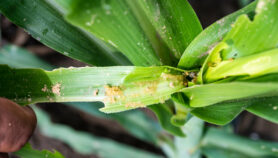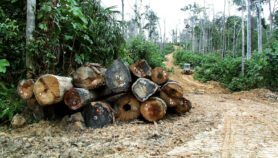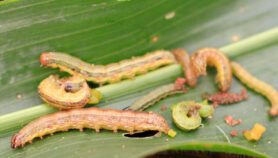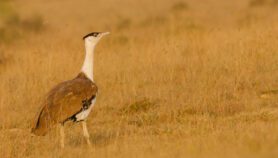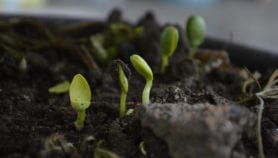By: Talent Ng’andwe
Send to a friend
The details you provide on this page will not be used to send unsolicited email, and will not be sold to a 3rd party. See privacy policy.
[
As research published this week (17 January) shows, this could affect the lives of millions of people in the developing world.
The study, in the online edition of Proceedings of the National Academy of Sciences, says pollinators such as bees and some bird species are declining globally because of habitat loss, pesticide use and invasive species.
As pollinator numbers fall, plants will increasingly compete for their services, raising concerns that more may need to be done to protect biologically rich areas.
Lead researcher Jana Vamosi, a biologist at
Vamosi pointed out that without it, flowers cannot develop into fruit, crop yields diminish and seeds — essential for the propagation of the species — fail to develop.
This would have a catastrophic effect not only on food crops but also on important medicinal plants. “I cannot emphasise enough the importance of plant species for maintaining a healthy planet,” Vamosi said.
According to the World Health Organization, up to 80 per cent of people in southern
The research, which ran from 2002 to 2005, focused on the relationship between how biologically diverse an area is and how well its plants are pollinated.
Reviewing more than 1,000 studies of instances where pollination was limited, the team found that plants are especially likely to suffer lower pollination and reduced reproductive success in areas with high plant diversity. These include South American and South-East Asian forests and the rich fynbos shrublands of
The study shows that as the number of birds, bees and other pollinators declines, plants that are native to such areas and that rely on pollination to reproduce are struggling to survive.
Read more about agriculture and biodiversity in SciDev.Net’s dedicated spotlight






